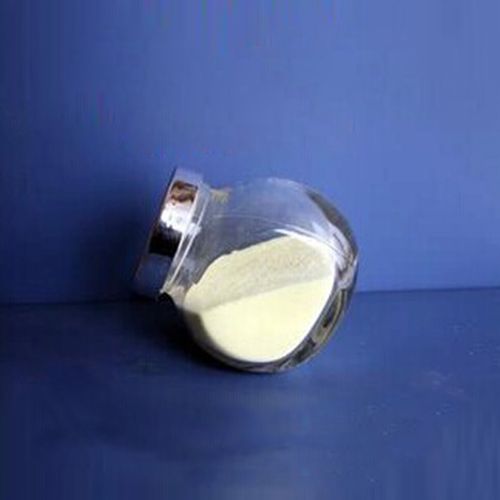Ulinastatin is an acid-resistant protease inhibitor found in human urine
and released from the high-molecular-weight precursor I alpha T1. It inactivates
many serine proteases, including trypsin, chymotrypsin, kallikrein, plasmin,
granulocyte elastase, cathepsin, thrombin, and factors IXa, Xa, XIa, and XlIa.
However, although ulinastatin is a protease inhibitor, its activity toward
various proteases is relatively weak.

Ulinastatin protein has been found in the brain, liver, kidney,
gastrointestinal tract, cartilage, plasma, ovarian follicular fluid, amniotic
fluid, and urine. Its mRNA has been detected only in the liver, kidney, heart,
lungs, and pancreas. The presence of ulinastatin in certain tissues appears to
be due to diffusional uptake and retention through cell surfaces. Ulinastatin
also potentiates local anti-proteolytic activity on the extracellular matrix
(ECM) during tissue remodeling, possibly through noncovalent binding to
TSG-6.
Its secretion is upregulated by pro-inflammatory cytokines, including IL-6,
IL-1beta, and TNF-alpha. These cytokines also enhance the synthesis of
intracellular I alpha T1 proteins and IL-1beta upregulated ulinastatin.
Ulinastatin is implicated in downregulating or suppressing the production of
proMMP-1 and proMMP, prostaglandin H2 synthase-2, urokinase, CXC chemokine,
pro-inflammatory cytokines, inducible nitric oxide synthase, tissue factor,
P-selectin, intercellular adhesion molecule-1, phosphorylation of the
extracellular signal-regulated protein kinases, and NF-kappaB activation.
Ulinastatin also suppresses neutrophil accumulation and activity. The genes
and proteins regulated by ulinastatin are implicated in the inflammatory
process. Therefore, ulinastatin is not just a protease inhibitor, but can also
prevent inflammation and cytokine-dependent signaling pathways. In preclinical
and clinical studies, ulinastatin protected against acute lung injury, graft
ischemia/reperfusion injury, renal failure after cardiopulmonary bypass, severe
burn injury, septic shock, preterm birth, tumor invasion, and metastasis. Its
anti-metastatic properties may come from the inhibition of cell-bound plasmin
activity. Ulinastatin also prevents tumor progression, partially by inhibiting
cathepsin B activity. In particular, ulinastatin is thought to inhibit CD44
dimerization and suppress the MAP kinase signaling cascade, thus preventing ECM
degradation, tumor cell invasion, and angiogenesis.
Altogether, ulinastatin plays an important role not only in the protection
of organ injury during severe inflammation, but also in the inhibition of tumor
invasion and metastasis.